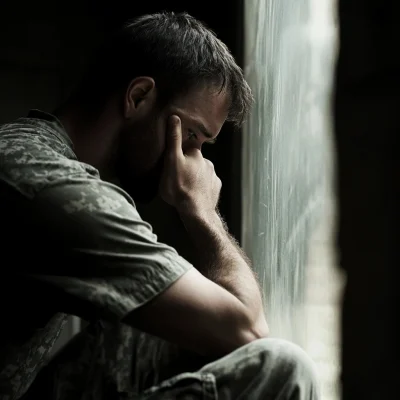
Healing Wounds: A Guide To Trauma Treatment
Trauma is a deeply personal and often overwhelming experience that can have profound effects on a person’s mental, emotional, and physical well-being. Whether it’s the result of a single traumatic event or prolonged exposure to adverse circumstances, trauma can leave lasting scars that impact every aspect of a person’s life. However, with the right treatment and support, healing is possible.






